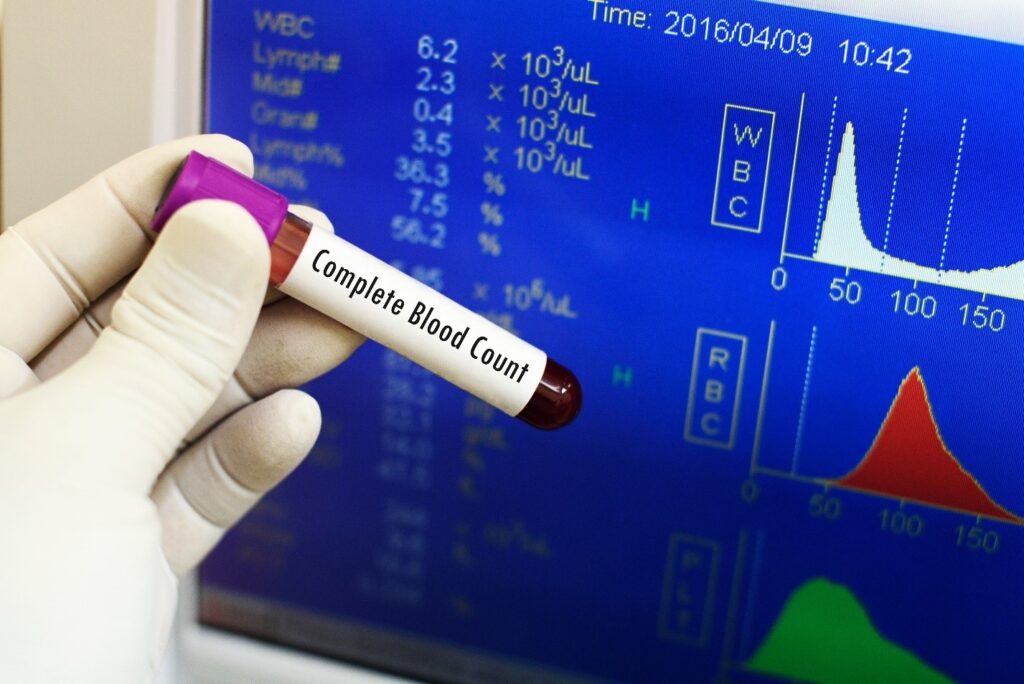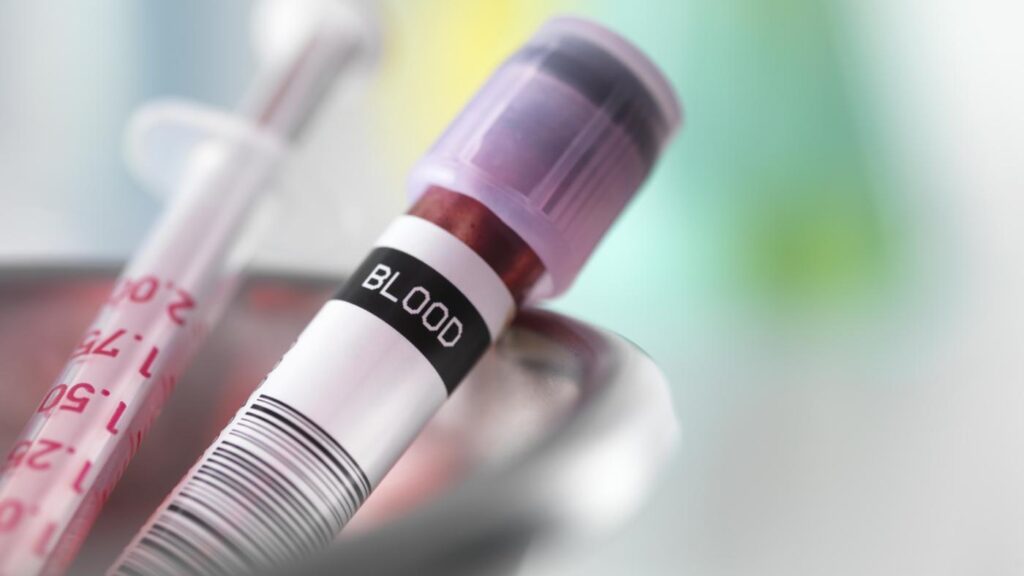Our human anatomy is the most complex algorithm that runs seamlessly without any disruptions unless the blood condition becomes abnormal. Be it a disease or fatigue, our blood cells are either affected by a particular pathogen like bacteria/viruses or low oxygen circulation in the blood cells can result in tiredness. Thus, our outer health condition is a reflection of something malfunctioning inside. Often your physician will prescribe a Complete Blood Count which measures every important metric like RBCs and WBCs in your blood to diagnose the cause.
In this article, we walk you through what Complete Blood Count is, its importance, when they are needed, and much more.
What is CBC?

CBC is a shortened form of Complete Blood Count which is a widely used health measurement of an individual. CBC, as the name suggests, Complete Blood Count is a complete screening of important blood metrics that gauges your health condition.
A protein in the blood cell known as Red Blood Count is crucial for delivering and transporting oxygen to every part of the body. When there is a shortage of Red Blood Cell counts, it indicates that you are short of normal oxygen levels which can cause fatigue and anemic conditions.
Similar to RBCs, White Blood Cells, which are also known as WBCs as short, are responsible for protecting against foreign pathogens invading and infecting the body. If the WBC count falls, then it is indicative of a weak immune system resulting in frequent infections or prolonged infection. In extreme cases, diseases like HIV will engulf all the active White Blood Cells resulting in zero immunity and opening the door for various other infectious agents.
Symptoms of Abnormal CBC

Anemic conditions are often caused by a lack of minerals and nutrients in the blood. When you are feeling anemic, you will be asked to get a Complete Blood Count screening to determine which chemical component is under normal levels and helps in assessing the severity of your condition.
Following are some signs and symptoms of abnormal CBC levels –
- Weakness
- Fatigue
- Fever
- Swelling
- Bruising
- Bleeding
If you are diabetic or have any other life-long conditions then a Complete Blood Count is more commonly done as a regular checkup (typically every year) to monitor your health.
How does CBC help with assessing your health?

CBCs measure the following 11 chemical components in the bloodstream –
- Red Blood Cells (RBCs)
- White Blood Cells (WBCs)
- Hemoglobin
- Hematocrit
- Platelets Count
- Mean Corpuscular Hemoglobin (MCH)
- Mean Corpuscular Volume (MCV)
- Mean Corpuscular Hemoglobin Concentration (MCHC)
- Red Cell Distribution Width
- Reticulocyte Count
- Mean Platelet Volume (MPV)
- White Blood Cell Differential
These are the most important chemical components in the blood that maintain and regulate most of the body’s functions. Any malfunction in any of these chemicals will result in abnormal health.
Conditions that require CBC testing

Iron deficiency is the primary cause of anemia and sickness for various diseases. The severity of low metrics can indicate how weighted your prescription is needed for returning to normal conditions.
Autoimmune disorders like celiac disease that cause allergic reactions to wheat-based products can become severe in some individuals. Thus a CBC test comes in handy to diagnose Autoimmune disease.
Following are other health conditions that require CBC for better diagnosis –
- Vitamin and mineral deficiency
- Bleeding disorders
- Heart disease
- Problems in the bone marrow
- Inflammation or infection
- Cancer
- Leukemia
It is worth noting that the CBC test is not conclusive evidence in the initial diagnostic test. So some follow-up tests are required based on the test results.
Like other tests, like diabetes, we have a certain normal levels range which means anything below or above needs to be addressed as soon as possible. In the case of the CBC test, there is no specific normal range as the CBC is multiple tests measuring different chemicals that have their own normal proportions.
How to check for CBC levels?

As Complete Blood Count levels are a wide measurement, every hospital and pathology lab would provide for one. Unlike diabetes testing which can be self-taken with a home test kit, CBC is a multiple chemical component testing that requires lab equipment for accurate and best results. Complete Blood Count tests can be taken with the help of diagnostics listing providers like DxSaver.com who have listed the lab options near you along with their prices in one place.
The CBC testing process is painless and quickly done. The lab technician will inject a needle into your arm and take the required amount of blood sample. Once done, you are relieved, and the test reports shall be mailed to you in a few business days, typically within 2 – 5 days.
There are no general prerequisites for CBC testing, however, if you are taking medications for diabetes and other diseases, then it is a good idea to consult with your physician regarding the prerequisites.
Conclusion
That being said, every single component in our blood is crucial working on core health, handling various functions of the body just like a robot having millions of wires and every single one has their own unique property – without it the whole machine is junk. Similarly, even if any one of the blood components malfunctions other parts will feel the effect. Blood is everything in human anatomy.
Leading a healthy lifestyle is crucial – avoiding junk foods, not being stressed and regular workouts, even a 15 minute morning walk on a daily basis is sufficient to keep you up and running without any major health issues.




